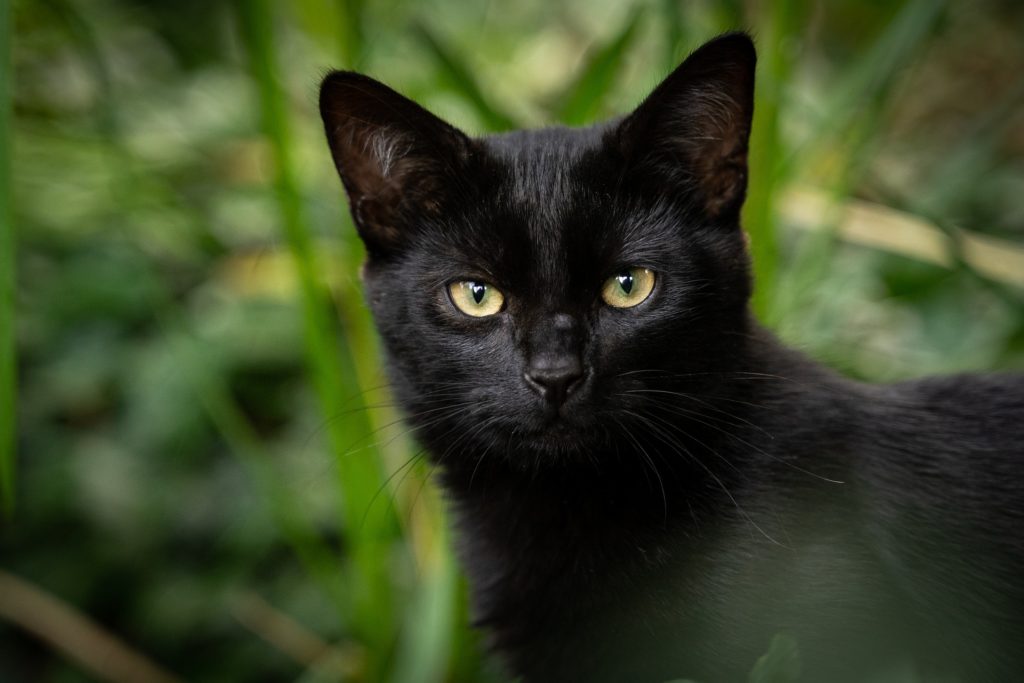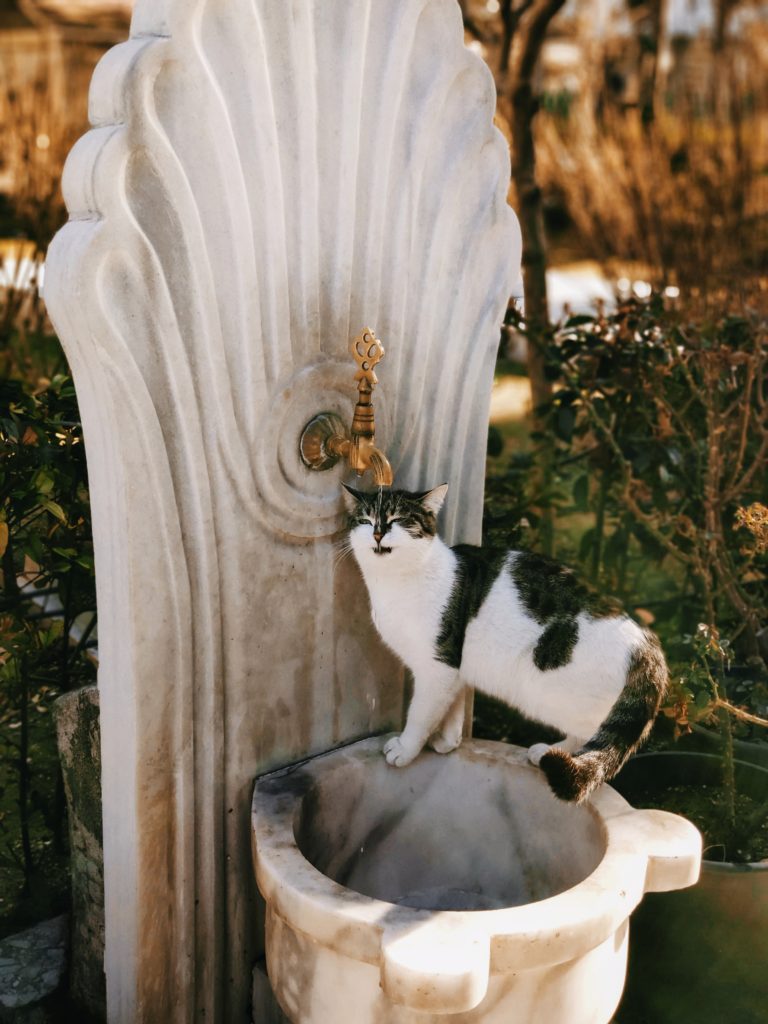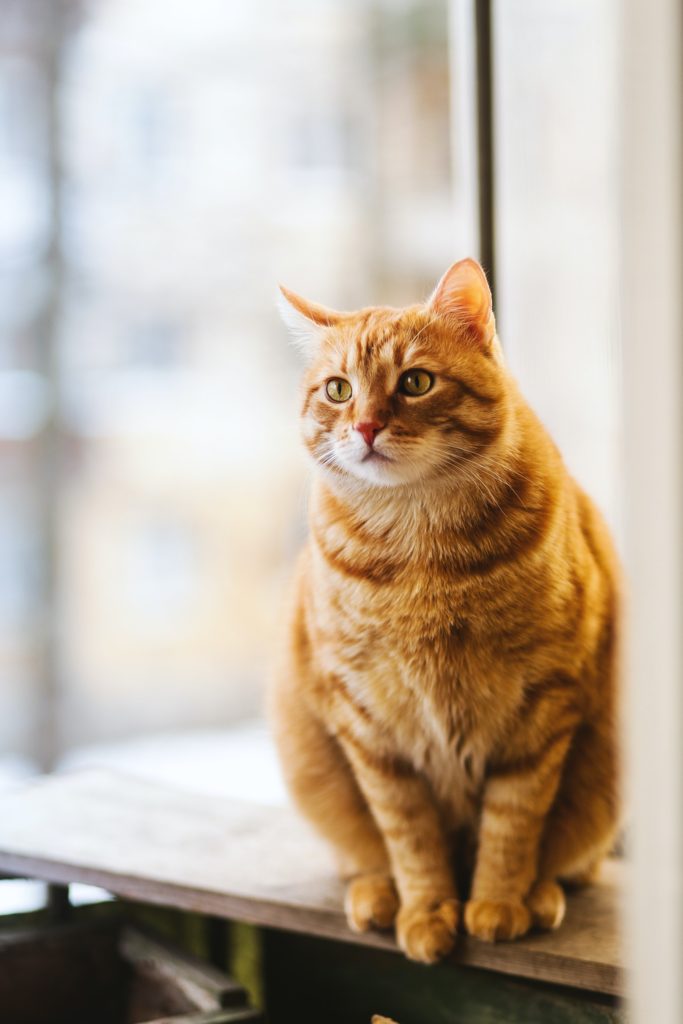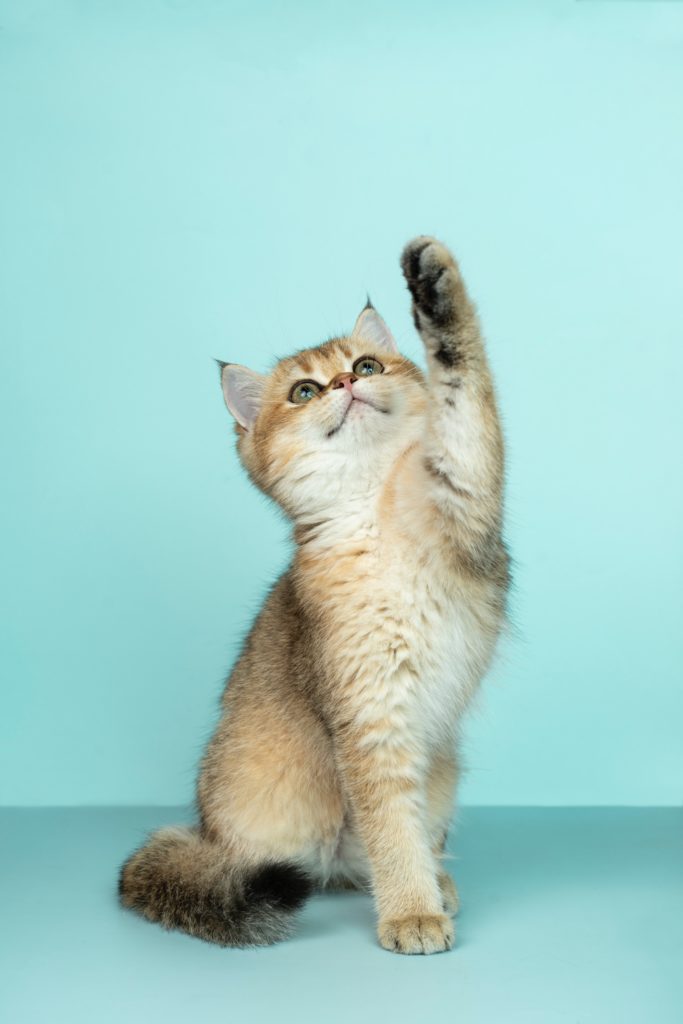Many people prefer to own a cat since they are mostly independent animals. They also have highly distinct personalities that are attractive and attract others to them.
People have always been fascinated by cats’ enigmatic and even distant personalities as creatures that were once venerated as Gods.
Despite being one of the most popular pets, cats are frequently misunderstood. This is partly a result of the numerous misconceptions and preconceived notions about cats that are widely held. Now is the moment to debunk some prevalent cat misconceptions and distinguish reality from fantasy.
1. Cats Have Night Vision
A cat’s night vision is no better than a person in complete darkness. However, under low light settings, such as at twilight or dawn, they can see far better than a person can. They can see better in low light because their irises are bigger and their pupils are more slit to let more light through.
2. Black Cats Are Unlucky
In some areas of the world, such as Japan, black cats are regarded as good luck charms, despite the widespread belief in the United States that they are unfortunate or portend evil omens. This is incorrect, and it has resulted in many black cats being abandoned or being difficult to rehome. Black cats don’t have any special abilities and are just as affectionate as their domestic counterparts.
3. Cats Cannot be Trained
Although the majority of cats don’t react to training techniques the same way a dog would, it’s really pretty simple to teach your cat the most fundamental instructions, such as sitting, coming when called, and fetching. If you’re patient enough to try, some cats may even be able to learn tricks.
4. Cats Will Always Land on Their Feet
Although it sometimes seems like cats can land on their feet, this isn’t always the case. They risk a wide range of injuries from poor landings, including damaged muscles, fractures, and sprains. They’re also more prone to be wounded if they fall from lower areas because they don’t have time to orient themselves to a secure landing position.
5. Cats Enjoy Being Left Alone
Because dogs are descended from wolves, which live in family groupings, they are by nature more sociable than cats, which are solitary by nature. Your cat, however, is fully capable of developing strong ties with both people and other animals. If you leave them alone for a lengthy amount of time, they could get so connected that they experience separation anxiety.
6. Some Cats are Free of Allergens
Although hypoallergenic cats don’t exist, there are some cat breeds that are more tolerant to allergy sufferers. The Balinese, Russian Blue, Bengal, and Devon Rex are among them.
7. Cat Allergies are a Response to Cat Hair
Although many individuals do have allergies to cats, the problem isn’t the fur itself. You are allergic to the dander that comes from your cat’s skin, despite the fact that it can make your allergies worse. The protein found in cat saliva and urine causes allergies in many humans. By giving your cat regular baths and utilizing a pet air purifier to filter the air in your house, you may lessen the quantity of dander. The bulk of airborne dander and protein particles will be prevented from ever reaching your nasal passages, eyes, and lungs by an air purifier.
8. Cats’ Whiskers Help Them Maintain their Balance
Cats utilize their whiskers as a feeler but not to maintain their balance when moving through their daily routine. It’s critical that you avoid cutting or pulling at them since they serve as a highly accurate gauge of your cat’s attitude. The nerve endings in the whiskers themselves can make it uncomfortable.
9. Purring Cats are Happy Cats
Happiness is one of the many reasons cats purr. But this isn’t the only explanation for their purring. Additionally, because purring is a kind of self-soothing, cats that are sick, afraid, or in pain may also do it to calm themselves. Likewise, they purr to soothe their kittens.
10. Cats Hate Water
Most domestic cats, don’t much enjoy the water. Numerous cats do, however, like taking showers and playing in the water. Although the exact cause of cats’ dislike of water is unknown, it is thought by experts that the fact that their coats don’t dry quickly makes them susceptible to becoming chilled. Additionally, it might be unpleasant to carry a damp coat.
11. Garlic Can Cure Worms in Cats
You may have heard that putting garlic in your cat’s food is a wonderful approach to getting rid of worms if your cat has them. Garlic, however, can actually make your cat sick, like anemia. It is usually advised to visit a veterinarian rather than treat your cat at home.
12. Cats are Unloving, If You Want a Loving Companion Pick a Dog
The dispute over whether dogs or cats make better pets is perhaps the biggest of our time, and one argument in favor of dogs is that cats are cold.
Domestic cats are by nature more independent than domestic dogs. This is partly due to the fact that they weren’t raised to spend a lot of time with people, and also because the wild relatives of today’s domestic cats didn’t normally live in the same kinds of family groupings as dogs.
13. Cats Have Nine Lives
One of the most pervasive fallacies about cats is having nine lives. The ancient Egyptians revered cats as gods, and William Shakespeare alludes to a cat having nine lives in Romeo and Juliet. Your cat only has one life, which is most likely why they are so quick and adept at getting itself out of uncomfortable circumstances.
14. Women Who Are Expecting Should Avoid Cats
You don’t need to stay away from your cat when someone is expecting. Since contact with excrement and litter can transmit Toxoplasmosis, you should stay away from their litter box and the surrounding area. You are allowed to care for your cat when you are expecting as long as you have someone else clean these places.
15. Cats Can’t Live Together Well
Although many cats might prefer to be the only cat in the house, they can coexist. The ages of the cats, the amount of room they have, and the number of resources you make available to them will all affect how well you can persuade your cats to live together. When your cats compete with one another for the same resources, friction results.
16. Table Scraps Can be Fed to Cats
You may, but shouldn’t give your cat table scraps. Giving a cat that weighs 10 pounds only one slice of cheese is like giving a person three chocolate bars. Table scraps are empty calories, and they are a simple way to make your cat fat or develop other health issues.
17. Just Sick Cats Consume Grass.
This is untrue, according to research. Some cats simply like to eat grass. Although there are a few hypotheses on why some domesticated animals, like cats, eat grass, nothing concrete has yet been established. You should take your cat to the clinic if you discover that she prefers to eat your grass rather than the food in her dish.
18. Indoor Cats are Immune to Illness and Disease
Even if your cat spends their whole life inside, they still run the risk of contracting many illnesses and disorders. Indoor cats are subject to any airborne pathogens that could be in the house, and you can also bring items inside when you get home. If you have a dog that you bring outside, they can bring disease into your indoor cat as well.
19. Your Cat’s Teeth Don’t Need to be Brushed
It’s vital to take care of your cat’s teeth and gums since cats can get dental problems just as humans can. You may clean your cat’s teeth with a special rubber sleeve that goes over your finger and there are cat treats that are known to help get rid of plaque accumulation.
20. Using Cow’s Milk Benefits Cats
Contrary to what you might have been taught growing up, cats shouldn’t drink cow’s milk. A cat develops lactose intolerance after it weans itself off of its mother’s milk. Cats eventually lose their capacity to manufacture a particular enzyme needed to break down milk. Cow’s milk can upset a cat’s stomach because of this.
Conclusion
These 20 prevalent cat myths, stories, and beliefs vary from absurd to downright dangerous. You can assist your cat in leading a full, active life now that you’ve taken the time to discover what’s genuine and what isn’t.





